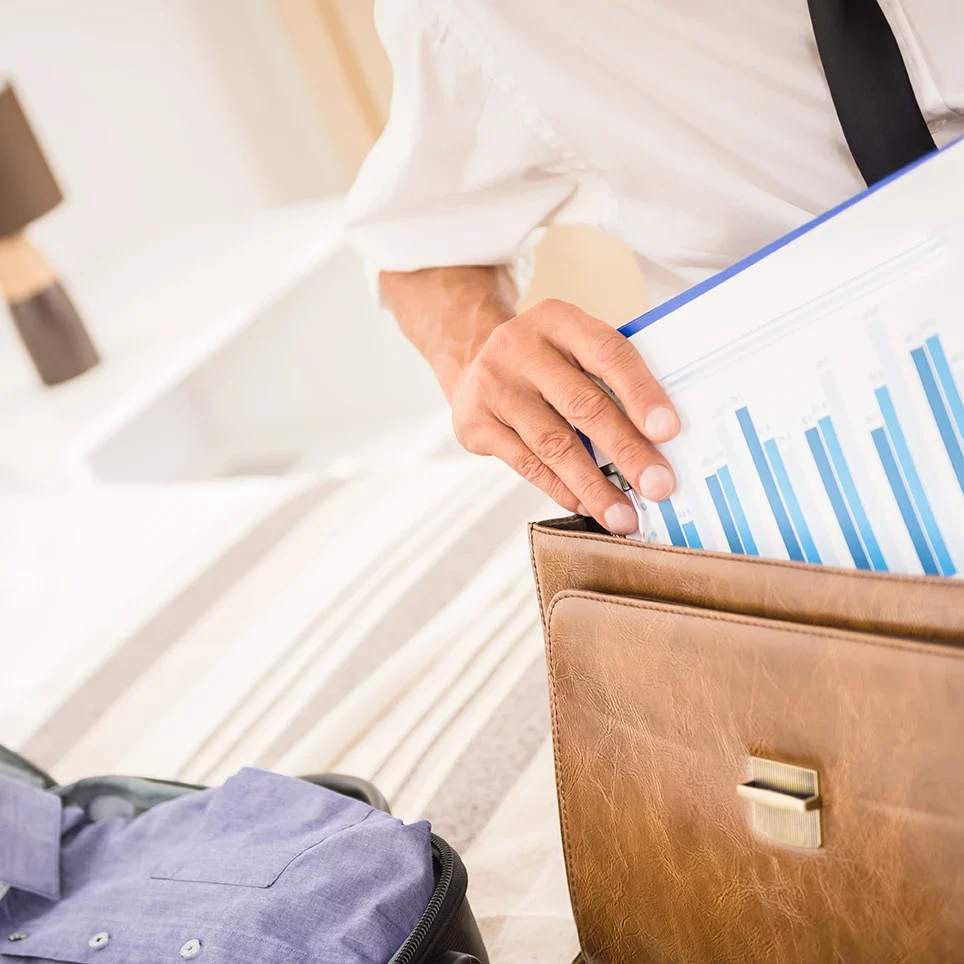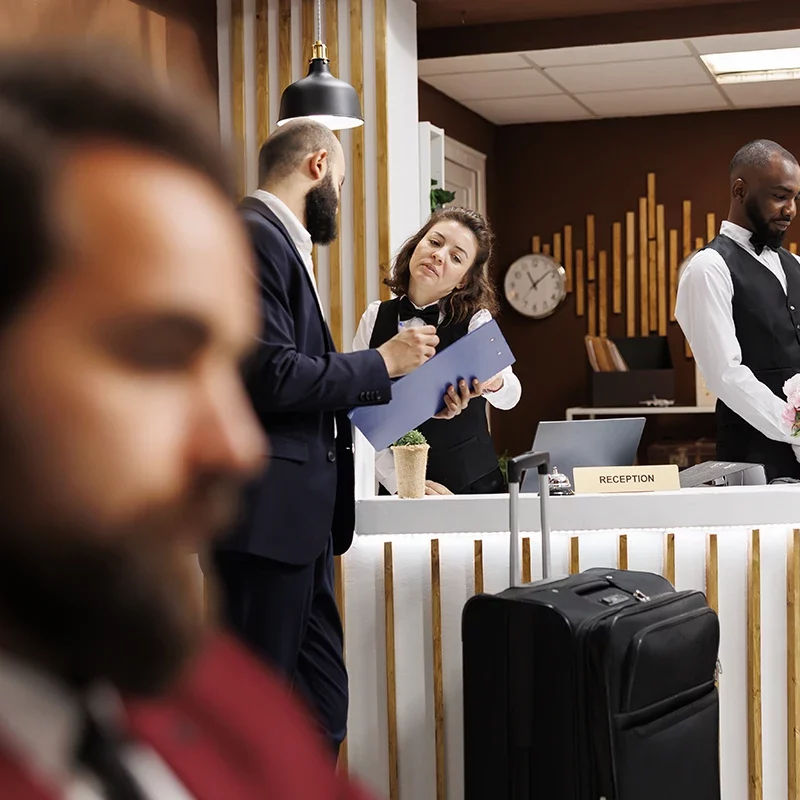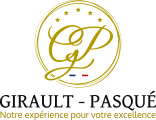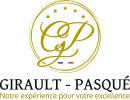What are the differences between summer and winter hotel operations?
In the hotel industry, timing is crucial. Should an operational audit of a hotel be conducted during peak tourist season, whether summer or winter? Is this an opportunity to quickly identify weaknesses… or a mistake that could disrupt operations during the busiest period?
This in-depth article, designed for hotel professionals and digital marketing experts, explores the implications of conducting an audit during peak season and compares the specific characteristics of summer and winter hotel operations.
1. Why conduct a hotel audit?
A hotel audit is not just about inspecting the rooms. It encompasses several aspects:
- Marketing audit: visibility on Google, ranking for key search terms (“all-inclusive ski hotel,” “family-friendly beach hotel,” etc.), and alignment of website content with search intent.
- Operational audit: quality of guest service, smooth check-in/check-out processes, staff efficiency, and compliance with safety standards.
- Financial and strategic audit: profit margins, seasonality, and the balance between online travel agency (OTA) bookings (Booking.com, Expedia, etc.) and direct sales.
The goal? To identify what creates value and what causes problems, in order to enhance the customer experience and profitability.


2. Auditing a hotel during peak season: advantages
a) Real-time data
During peak season, a hotel operates at full capacity. This is therefore the best time to analyze:
- Actual occupancy rate vs. projections,
- Immediate customer feedback,
- Staff performance during peak periods
b) Observing traffic flow and potential issues
With a high volume of guests, it is possible to immediately identify:
- Bottlenecks (e.g., slow breakfast service),
- Weaknesses in the digital experience (e.g., mobile website overloaded with bookings).
c) Opportunity for quick adjustments
An audit during peak season allows for immediate improvements that directly impact guest satisfaction and conversion rates. For example, a poorly displayed offer or pricing can result in lost revenue.
3. The limitations and risks of an audit during peak season
a) Disruption of the staff
The hotel is already operating under maximum pressure. Adding an audit can generate stress, overload, and lead to errors.
b) Lack of perspective
The performance observed during peak season can be biased:
- Naturally high occupancy rates,
- High prices distorting the perception of the actual profit margin.
c) Reputational risk
A poorly planned audit that disrupts service can negatively impact guest satisfaction and therefore Google/Booking ratings… which is critical in this industry where communication also relies heavily on online reputation.


4. When to conduct an audit? Best practices for timing
a) Off-season
- Best time for a comprehensive audit: Services, facilities, organization.
- Staff members are more available.
- Consolidated data from peak periods can be analyzed calmly and objectively.
b) Peak season
- Suitable for a quick observational audit (traffic analysis, customer data collection).
- Not recommended for a comprehensive and structured audit, which requires time and resources.
The most effective strategy: combine both. Observe during peak season, analyze and make improvements during the off-season.
5. Summer vs. Winter: Two hotel realities
a) Summer hotel business
- Diverse clientele: families, couples, international tourists.
- Main expectations: proximity to the beach, outdoor activities, entertainment for children.
- Operational challenge: managing high temperatures, outdoor dining, high demand for additional activities.
b) Winter hotel business
- More targeted clientele: ski enthusiasts, couples, premium customers.
- Main expectations: comfort, premium services (spa, shuttle service, ski passes included).
- Operational challenge: snow logistics, management of ski equipment, ample food offerings.
c) Common challenges
- Importance of customer reviews (Google, TripAdvisor, Booking).
- Ability to offer a unique experience.
- Need to develop seasonal activities.

Key takeaways
Auditing a hotel during peak season isn’t inherently good or bad; it all depends on your objectives.
- To gather real-time data and identify potential issues, it’s an excellent opportunity.
- For a comprehensive and structured audit, however, the off-season is generally preferable.
Finally, understanding the differences between summer and winter hotel operations is essential for adapting your marketing and operational strategies. Success rests on three key principles: anticipation, observation, and correction.

